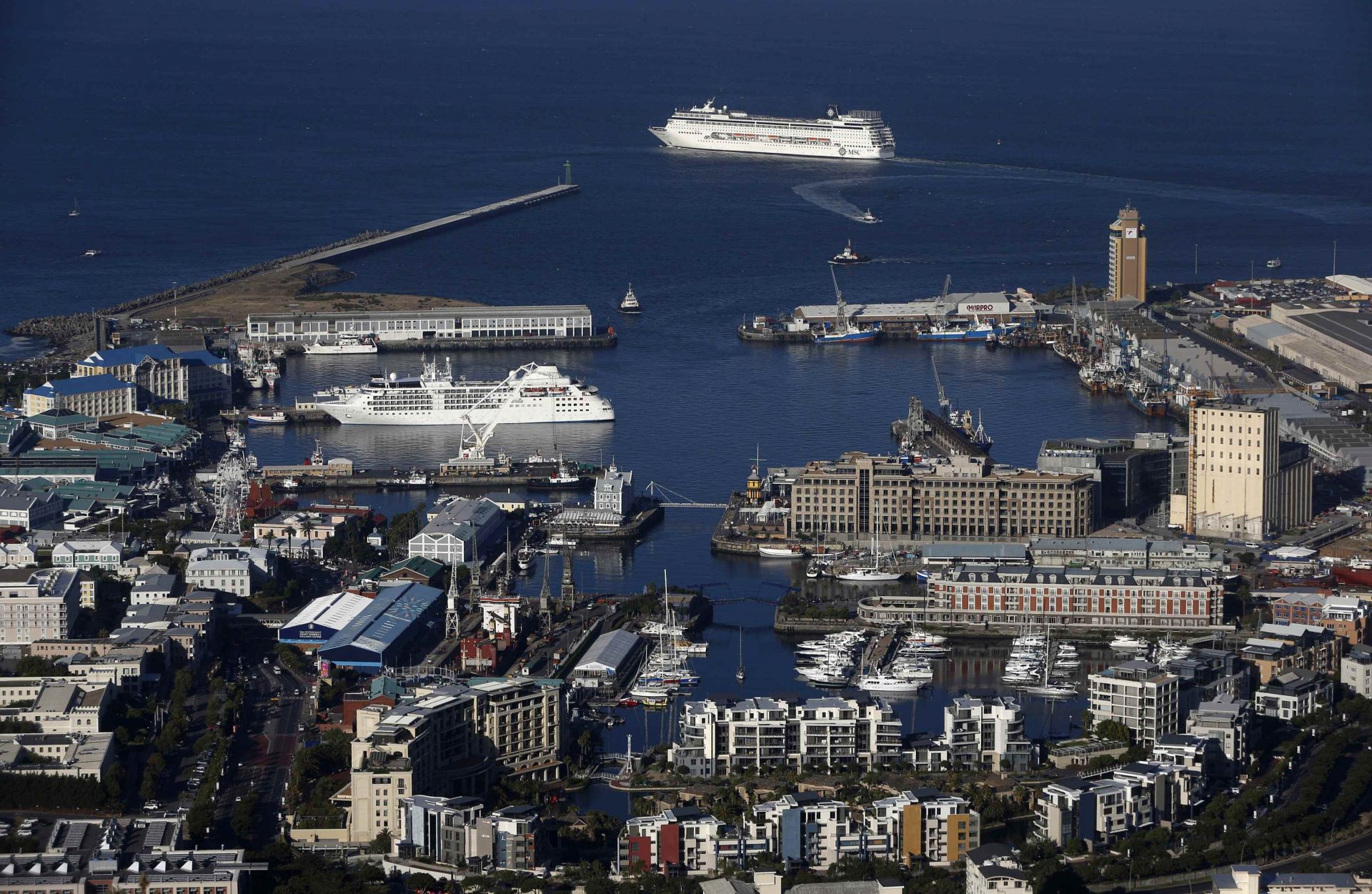
Economists: U.S. tariffs threaten South Africa’s foreign investment growth
South Africa’s foreign direct investment (FDI) is gaining momentum, but looming U.S. tariffs could derail progress, experts caution. Set to take effect in August 2025, a proposed 30 percent tariff hike on South African exports to the U.S. may reduce the competitiveness of local goods, potentially slowing the country’s recent economic gains.
According to South African Reserve Bank data, FDI inflows surged 56 percent to $661 million in the first quarter of 2025, propelling South Africa from 11th to 7th in the 2025 Global FDI Confidence Ranking.
Andrew Bahlmann, CEO of Deal Leaders International, says the tariffs will initially impact U.S. businesses considering investment in South Africa, as well as local manufacturers exporting to the U.S. Efficient businesses may find arbitrage opportunities to mitigate costs, but the tariffs add complexity to an already challenging investment landscape.
“South Africa is not uniquely targeted, as U.S. President Donald Trump has proposed tariffs on multiple nations: 30 percent on the European Union, 35 percent on Canada, 50 percent on Brazil, and 25 percent on Japan and South Korea.”
Despite rising FDI, primarily from the U.S. and Europe, with the Netherlands and the UK as top contributors, South Africa’s investment levels remain low.
Inter-African FDI is a growing bright spot, accounting for 21 percent of sub-Saharan Africa’s inward FDI stock in 2023, per World Bank data, offering potential for further growth.
However, domestic challenges threaten to undermine these gains. Jammine highlights persistent issues: “High crime rates, logistical bottlenecks, a declining rail network, inefficient ports, criminal syndicates, incompetent municipalities, and over-regulation, including Black Economic Empowerment policies, deter both foreign and domestic investors.”
While electricity supply issues have eased, these structural problems continue to hamper South Africa’s appeal.
Recent U.S. company mergers and acquisitions have bolstered South Africa’s FDI, but experts urge the government to address internal inefficiencies to sustain and expand investment inflows.
Focusing on domestic reforms and leveraging intra-African trade could help South Africa navigate the challenges posed by U.S. tariffs and maintain its upward trajectory in global investment rankings.
(Original story by Sumitra Nydoo)






